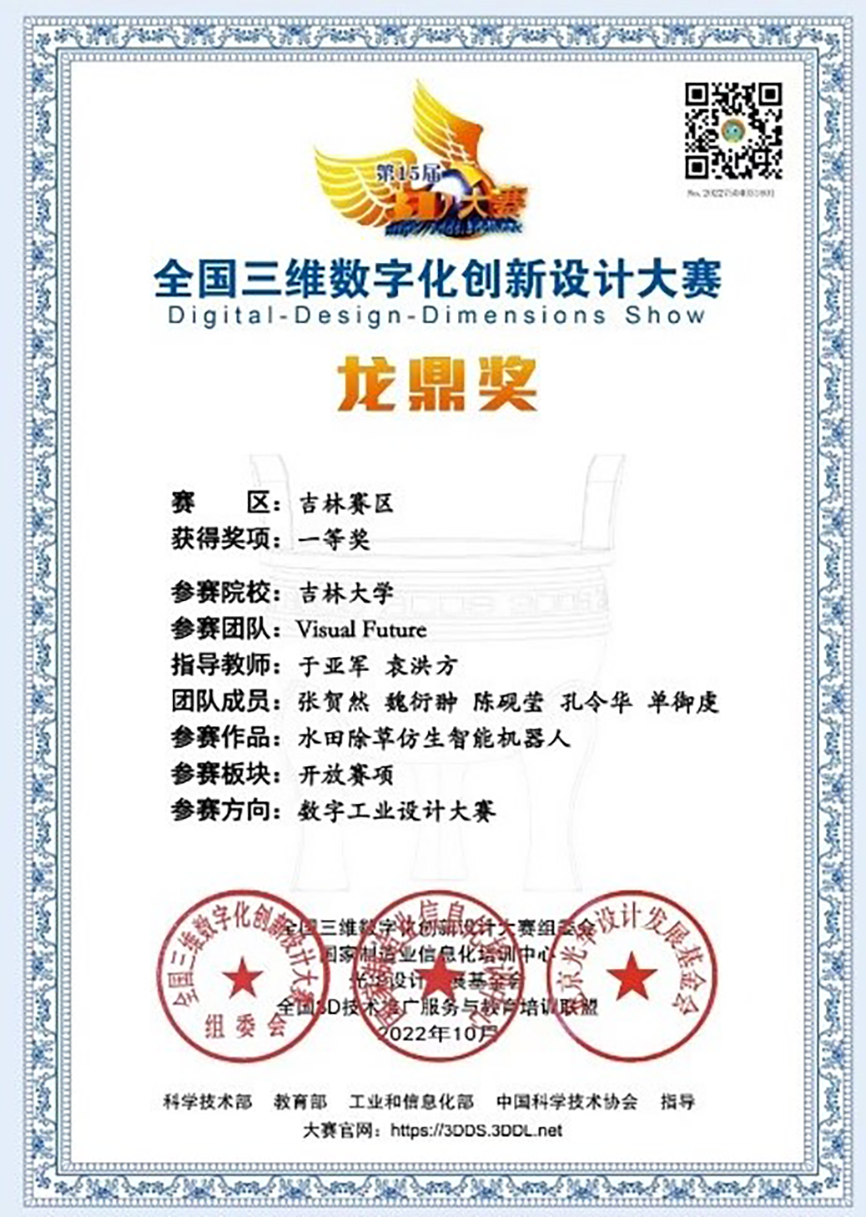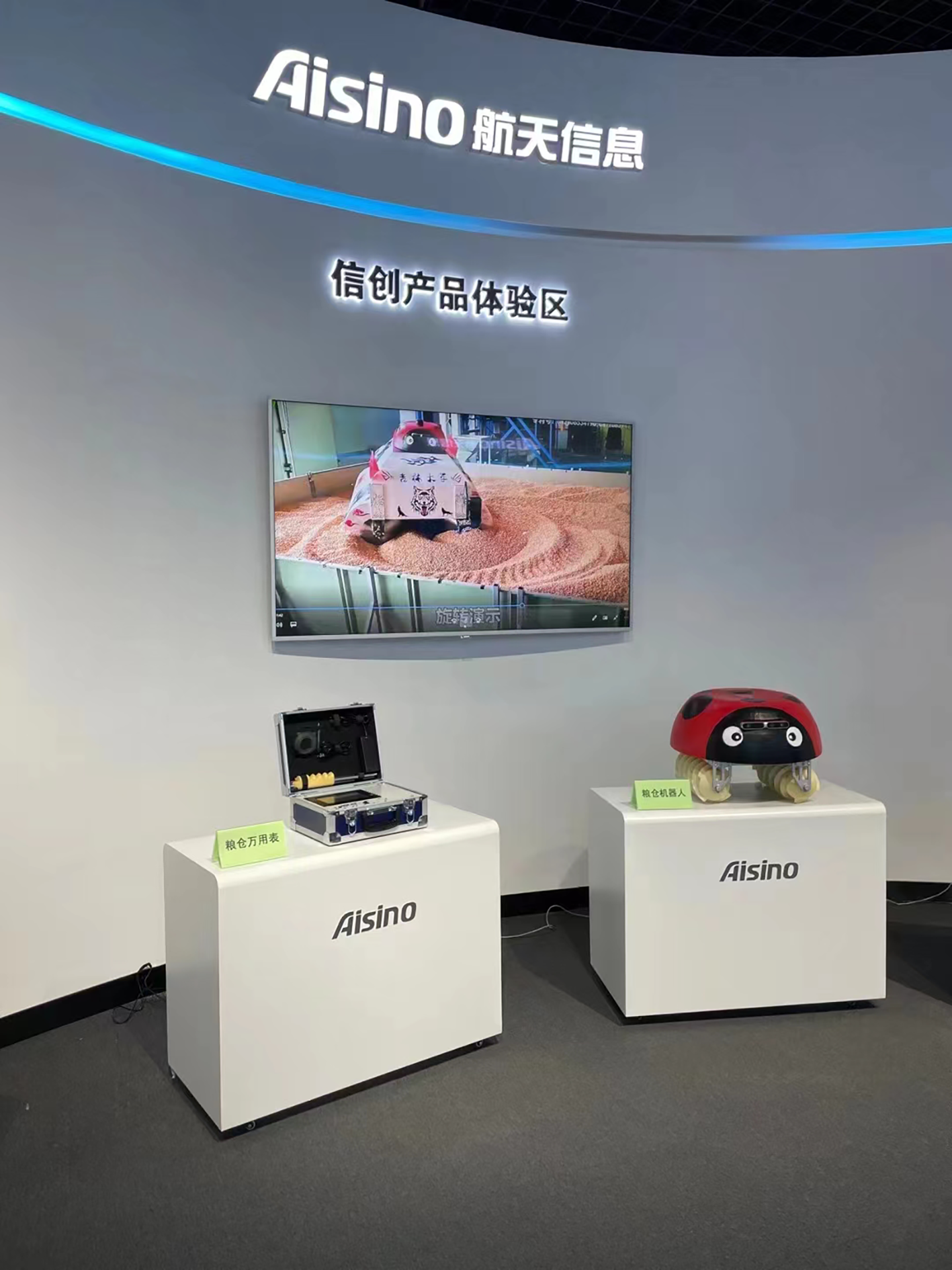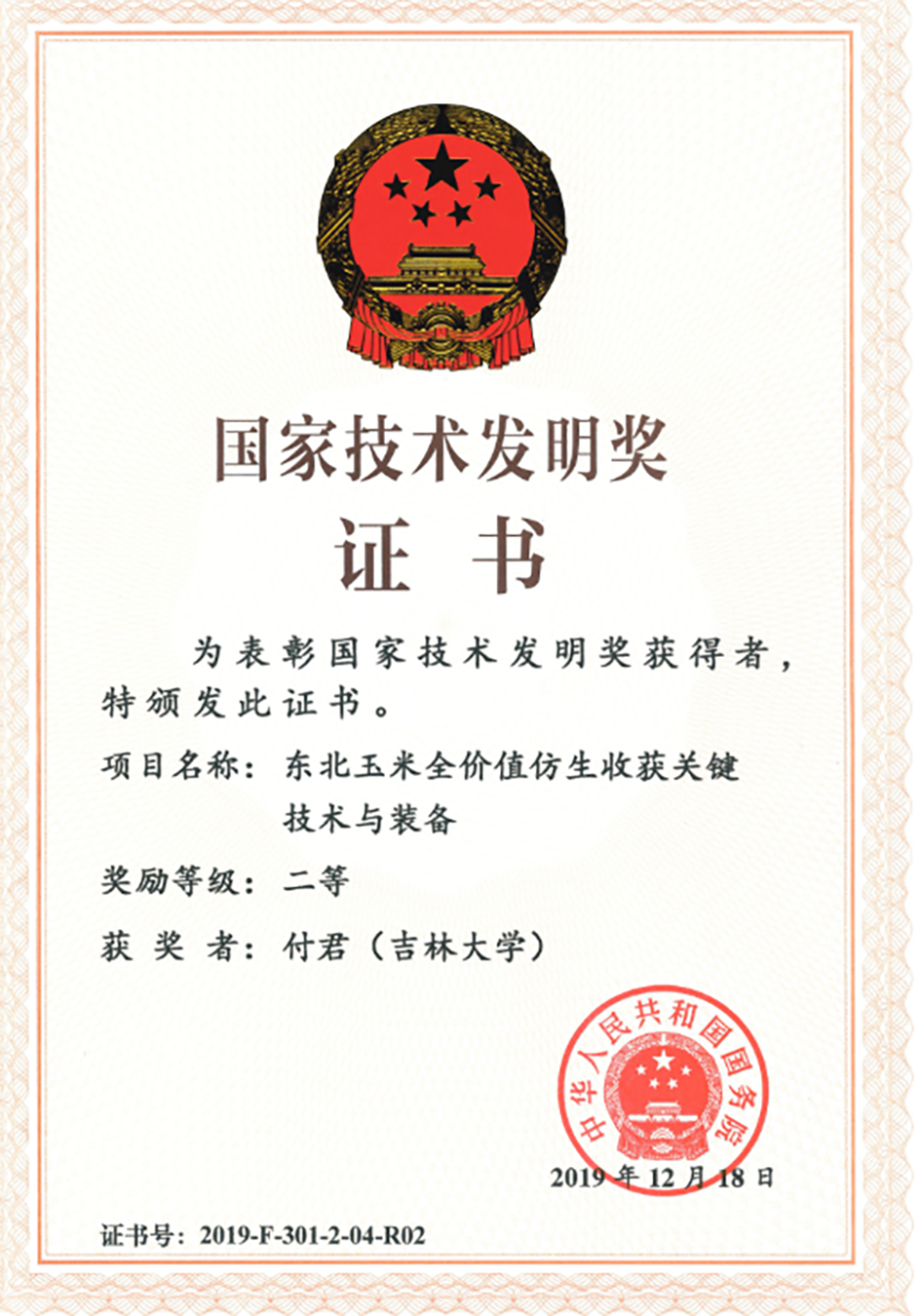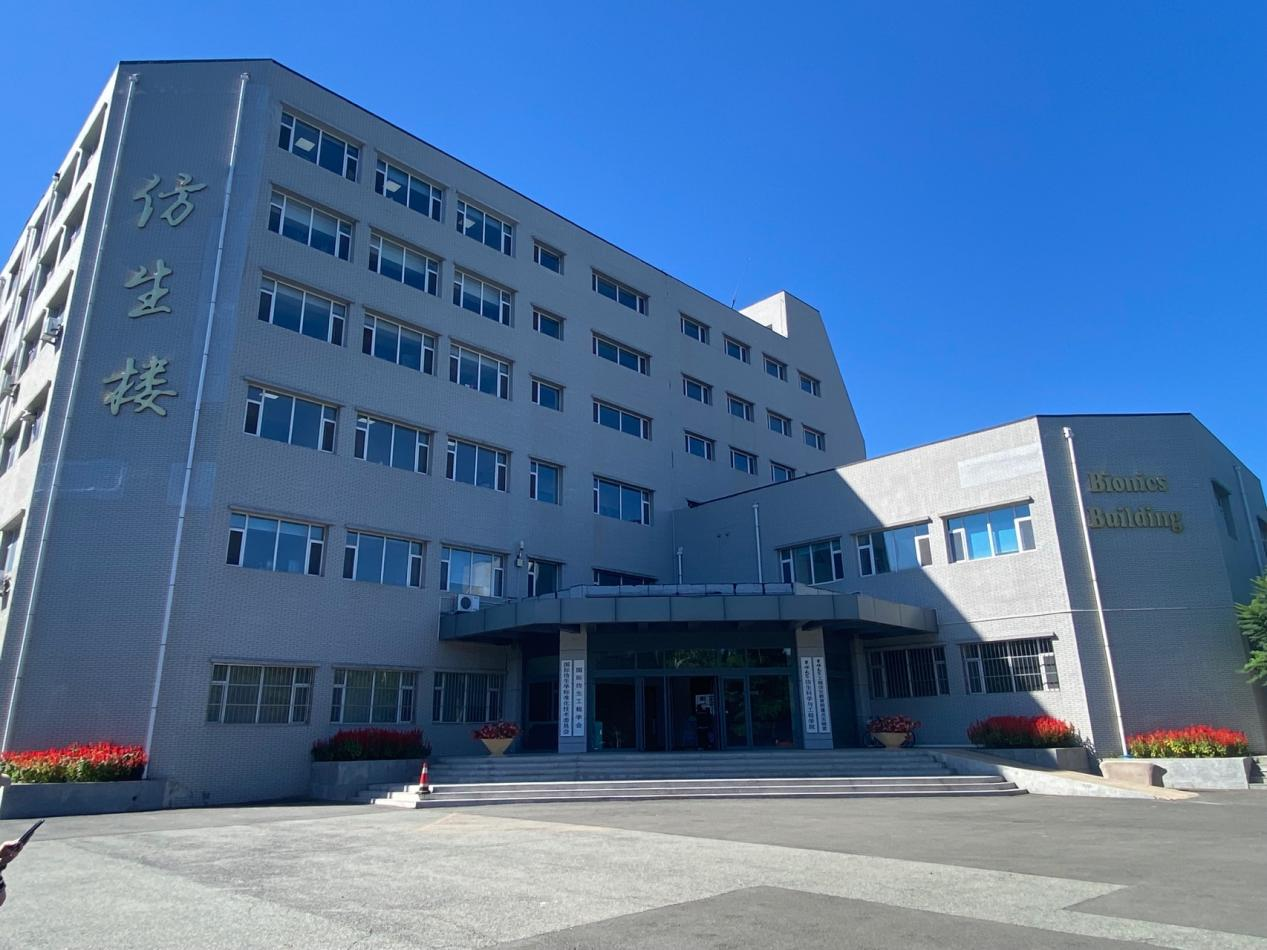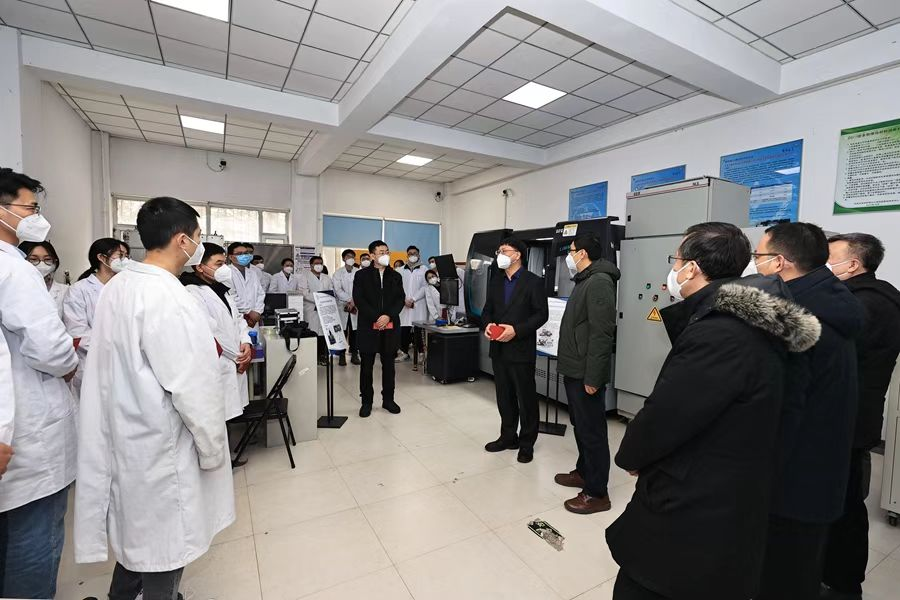Discipline characteristics
The agricultural engineering discipline serves talent cultivation, technology, and equipment development in the six major agricultural production processes of "farmland, sowing, management, harvesting, storage, and transportation". In recent years, it has achieved a deep integration of agricultural machinery and agronomy, as well as traditional agricultural machinery and artificial intelligence technology. She has unique advantages and characteristics in modern agricultural research fields such as high-speed precision seeding, digital design, simulation of agricultural machinery, intelligent agricultural machinery, precision agriculture, conservation farming, intelligent measurement, agricultural environment control, new energy utilization, continuous grain drying, and so on, During the establishment of the first-class discipline construction project of Jilin University in 2014, agricultural engineering was listed as the peak discipline. In 2017, the national "double first-class" construction was launched, and agricultural engineering entered the national first-class discipline "Mechanical and Bionic Engineering Discipline Group" approved by the Ministry of Education and independently constructed by Jilin University. In the fifth round of discipline evaluation, agricultural engineering discipline was rated as an “A-” discipline.
Highlights of scientific research and innovation achievements
The research achievements of the agricultural engineering discipline enjoy a high reputation in the field of international and domestic agricultural engineering. "BZ Type Comprehensive Seeder" won the third prize of the National Invention Award in 1983, "High Speed Precision Seed Metering Device and Application" won the third prize of the National Invention Award in 1993, "Complete Set of Technology and Equipment for High Speed Precision Seeding and Pre-sowing Soil Treatment" won the second prize of the National Science and Technology Progress Award in 2003, and "Key Technology of Corresponding Equipment for Conservation Tillage of Maize Planting" won the first prize of the Jilin Province Technology Invention Award in 2015, "New Technology for Rapid and Accurate Plant Physiological Information Chlorophyll Fluorescence Spectroscopy Detection" won the "Second Prize for Technological Invention in Jilin Province" in 2015, "Key Technology and Equipment for Intelligent Grain Drying and Storage" won the "First Prize for Technological Invention in Jilin Province" in 2017, and "Key Technology and Equipment for Full Value Bionic Harvesting of Northeast Maize" successively won the "First Prize for Scientific and Technological Progress in Jilin Province" in 2018 and the "Second Prize for National Technological Invention" in 2019. "Digital Supervision Method for Grain Storage and Remote Supervision System for Grain Storage Outside the Warehouse" and "Key Technologies and Equipment for Maize Ear Harvesting and Straw Baling for Black Soil Protection" won the "First Prize and Second Prize for Scientific and Technological Progress of Jilin Province" in 2022, respectively.
Scientific research teams
Currently, there are two Changjiang Scholars, two winners of the National Outstanding Youth Fund, two winners of the National Outstanding Youth Fund, three Changbai Mountain Scholars, two national top 10 agricultural machinery teachers, and one outstanding teaching team in Jilin Province.
The Department of Agricultural Engineering currently has several research teams composited of doctoral supervisors, and doctors as the backbone, such as research teams for grain storage and transportation, facility agriculture, conservation farming, intelligent plant protection, harvesting equipment, and digital good design.
Talent training
The Department of Agricultural Engineering has made outstanding contributions to agricultural machinery design and manufacturing in China, as well as to the cultivation of agricultural engineering and related professionals. She has trained two academicians, one European academician, one expert of the Thousand Talents Program, four Changjiang Scholars, four national outstanding youth, and four well-known scholars in Europe and the United States.
The Department of Agricultural Engineering has always regarded the quality of talent cultivation as the lifeline. In addition to daily teaching activities, students have a large number of opportunities to participate in various innovation competitions, cultural activities, and volunteer service activities. In the past three years, the number of undergraduate graduates pursuing graduate studies has exceeded 50%, of which more than 3% have gone to famous universities in the United States, the United Kingdom, Japan, and other countries to continue their further education. Graduates are welcomed by Tsinghua University, Peking University, Zhejiang University, and other prestigious universities. Graduates can also work in companies, enterprises, government agencies, research institutes, and enterprises.
Supporting facilities
The Department of Agricultural Engineering currently has a professional laboratory area of 13784 square meters, with fixed assets of more than 114 million RMB, including more than 107 million RMB for scientific research and teaching equipment, and more than 120 sets of equipment which all of above 100 thousand RMB, such as soil tank testing systems, high-power tractors, tillage machines, sowing and fertilizing machines, spraying machines, plant protection drones, combined harvesters, and so on.
Looking forward to the future, the Department of Agricultural Engineering will focus on the strategic needs of national agricultural modernization, aim at national development goals and local economic construction, combine them with artificial intelligence, information technology, advanced manufacturing, biotechnology, and new materials, and take the construction of “A-” disciplines as an opportunity to further accelerate the development of agricultural engineering!
